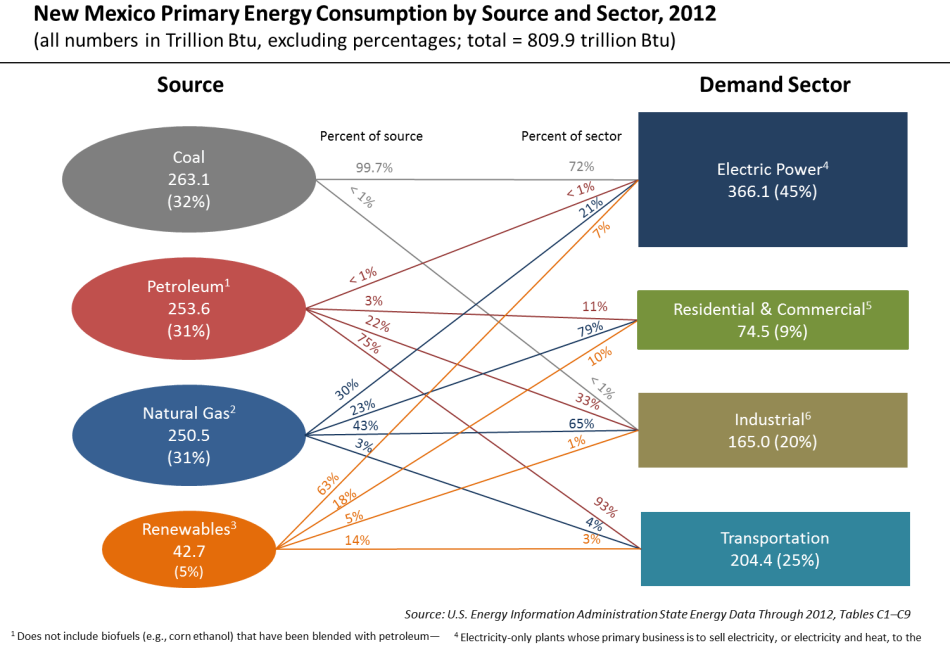Democrats walk fine line on energy

The following appeared in the Albuquerque Journal on April 18, Santa Fe New Mexican, and other New Mexico media outlets.
 If there were an overall theme for New Mexico’s current political situation it would be the ongoing attempts by Democrats to placate their environmentalist base which opposes traditional energy sources while at the same time keeping energy dollars flowing into the State’s coffers.
If there were an overall theme for New Mexico’s current political situation it would be the ongoing attempts by Democrats to placate their environmentalist base which opposes traditional energy sources while at the same time keeping energy dollars flowing into the State’s coffers.
The Biden Administration’s moratorium on oil and gas permitting is the most notable example of this conflict. Gov. Lujan Grisham has publicly spoken out about it, but Attorney General Balderas has refused to join a lawsuit challenging the policy that was recently filed by a dozen states. None of those states have as much to lose as does New Mexico, but our elected leaders are unlikely to challenge a President of their own party.
The internal conflict was on full display in the recently-completed legislative session as well. Thankfully, the most radical bill on energy which would have banned “fracking,” (an oil and gas drilling process without which New Mexico’s oil and gas industry would be immediately decimated) failed without gaining traction.
Making it much further in the process only to fail unexpectedly was Sen. Mimi Stewart’s “clean fuel standard” SB 11. In 2019 Gov. Lujan Grisham made national headlines stating that New Mexico was going to increase vehicle mileage in New Mexico to 52 MPG by model year 2022.
SB 11 would have instead forced motorists to use “alternative” fuels with the goal of reducing carbon emissions while passing off the hard work of actually developing the technology onto the private sector. Presumably blame for higher fuel costs would have been shifted as well. The bill faltered after passing the Senate.
Anti-energy bills that did make their way into law included SB 8 which allows local governments to enact more restrictive air quality regulations than are imposed by the federal government. It is unlikely that conservative counties where much of the Industry is located (and people are far more supportive of the Industry than liberal Albuquerque or Santa Fe) will enact such regulations, but this is about politics, not policy.
Speaking of politics, SB 112 which also made its way into law creates a “sustainable economy task force.” The task force’s stated goal is “diversifying New Mexico’s economy while reducing reliance on traditional energy sources.” Of course, New Mexico Democrats have controlled the Legislature for decades and with total Democrat control under Lujan Grisham, they have had ample time to enact the public policies necessary to “diversify” New Mexico’s economy.
Unfortunately, Santa Fe has repeatedly failed to reform the gross receipts tax, eliminate Social Security taxes, reduce onerous regulations, and expand educational choice (to improve workforce preparedness). In recent legislative sessions we’ve instead seen tax hikes passed at times of big budget surpluses. During both the 2019 (HB 6) and 2021 (SB 317) sessions tax hikes were adopted. Such cash grabs do nothing to diversify New Mexico’s economy. At best they diversify government revenues. In addition to tax hikes, policies like minimum wage hikes, paid sick leave mandates, and ongoing COVID restrictions imposed by the Executive only hinder economic growth and diversification.
Finally, this session, while the Legislature continued its piecemeal attacks on energy, after a decade of attempts they passed an amendment to increase distributions from the Land Grand Permanent Fund (the fund is generated by oil and gas). HJR 1 not only increased distributions by 1% but added an additional .25% to that amount for a total increase of 1.25%.
Continued existence of the fund happens only if the oil and gas industry thrives, so Democrats’ plan to take more money out while less money is put in seem problematic at best.
Rather than killing off energy first, New Mexico’s elected leaders should focus on diversifying the economy. When we are no longer among the very poorest states in the nation the Legislature can address ways to make the New Mexico less dependent on oil and gas.
Paul Gessing is president of New Mexico’s Rio Grande Foundation. The Rio Grande Foundation is an independent, nonpartisan, tax-exempt research and educational organization dedicated to promoting prosperity for New Mexico based on principles of limited government, economic freedom and individual responsibility
